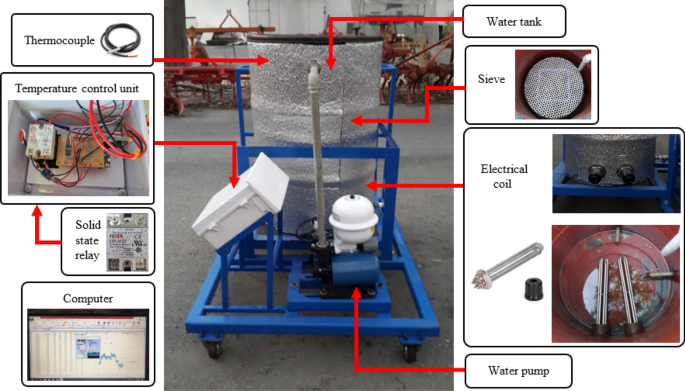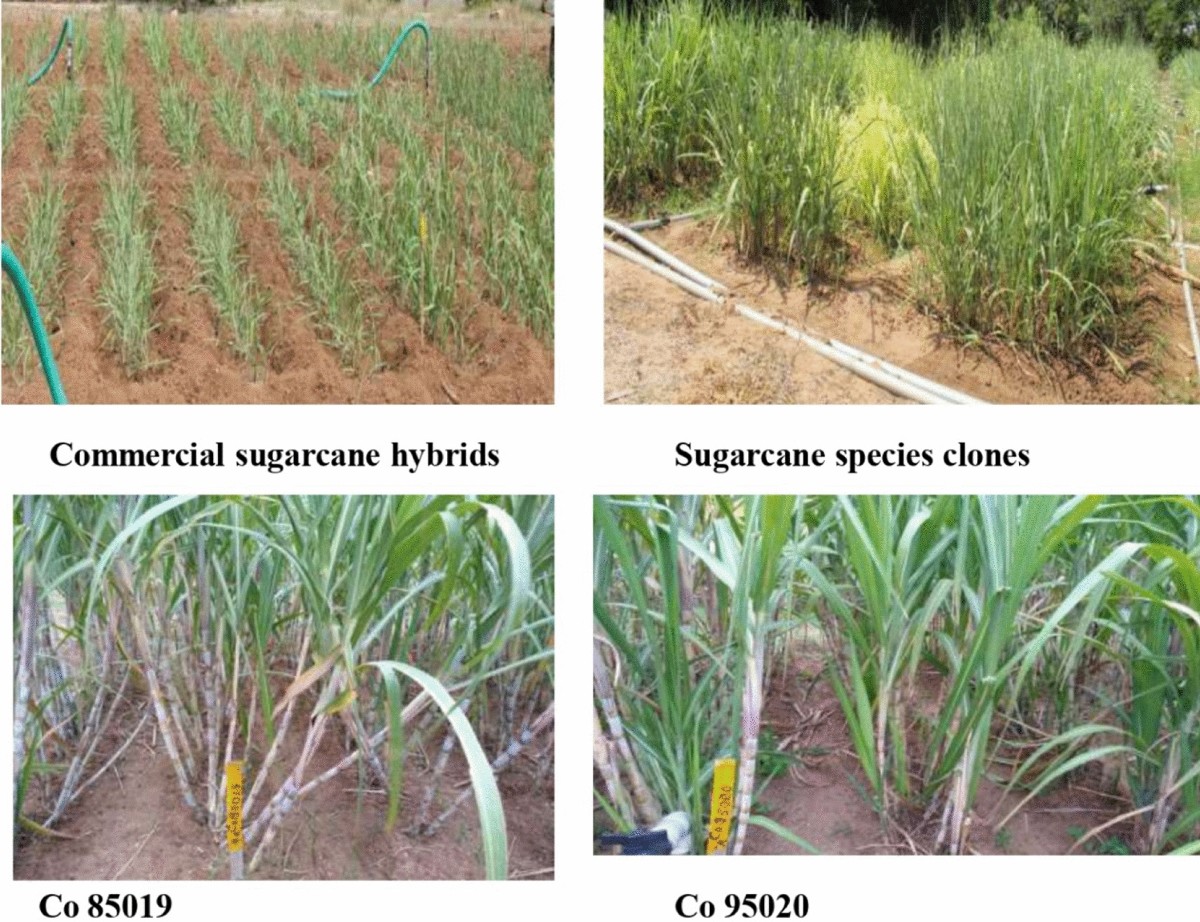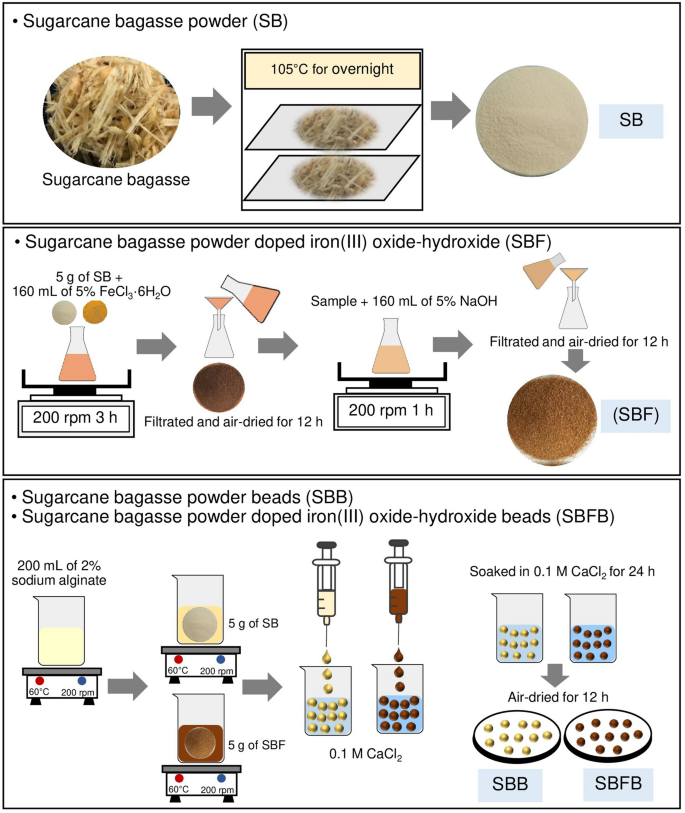Discover the Ingenious Benefits of Products From Sugarcane for Lasting Living
Sugarcane has actually become a crucial resource in the pursuit for sustainable living. Its varied applications span biodegradable packaging, eco-friendly energy, and much healthier food choices. As sectors seek environment-friendly choices, sugarcane's convenience uses promising remedies. Nevertheless, the true possibility of sugarcane expands beyond its present usages. Exploring its cutting-edge benefits might expose brand-new paths towards a much more sustainable future. What various other possibilities might this impressive plant hold?

The Increase of Sugarcane as a Lasting Resource
As global understanding of ecological problems grows, sugarcane has actually become a noticeable lasting resource. This functional crop offers a variety of advantages that add to environmentally friendly techniques. Sugarcane is a renewable energy, efficient in prospering in varied environments while absorbing carbon dioxide, thus minimizing greenhouse gas discharges. Its rapid growth cycle permits frequent harvesting, leading to a continuous supply of raw material.Additionally, sugarcane growing usually calls for much less water compared to other plants, making it an efficient alternative in water-scarce regions. The spin-offs of sugarcane, such as bagasse and molasses, can be repurposed for different applications, reducing waste and advertising circular economy concepts. Improvements in agricultural practices have led to more lasting farming methods, even more boosting sugarcane's environmental account. As consumers significantly look for sustainable alternatives, sugarcane stands apart as a feasible choice for those dedicated to minimizing their environmental impact.
Biodegradable Product Packaging Solutions
Just how can eco-friendly packaging services change the way customers come close to sustainability? By utilizing sugarcane-based materials, these ingenious services use an engaging alternative to typical plastics. Biodegradable packaging made from sugarcane decays naturally, considerably lowering land fill waste and greenhouse gas emissions. As customers end up being progressively knowledgeable about their ecological impact, the need for sustainable product packaging continues to rise.These sugarcane-derived products not just offer sensible functions however likewise straighten with eco-conscious customer values. They provide a concrete way for services and individuals to contribute to a circular economic situation, advertising resource performance and decreasing ecological impacts. In addition, as industries take on naturally degradable alternatives, they cultivate a society of sustainability that reverberates with a growing market seeking accountable choices.In essence, biodegradable product packaging remedies from sugarcane represent a vital step onward in lasting practices, empowering customers to make eco-friendly decisions without compromising benefit or quality.
Renewable Power Generation From Sugarcane
A considerable part of eco-friendly energy generation can be originated from sugarcane, showcasing its versatility beyond standard farming usages. Sugarcane biomass, consisting of bagasse and leaves, is a powerful resource for bioenergy manufacturing. This biomass can be exchanged biofuels such as ethanol, which acts as a cleaner option to fossil fuels. Additionally, the combustion of sugarcane results produces steam and electricity, giving a power source for sugar mills and neighboring communities.The cultivation of sugarcane additionally adds to carbon sequestration, as the plants soak up co2 during their growth cycle. By utilizing sugarcane for power, waste is decreased, and lasting practices are urged. This renewable resource technique not only sustains energy demands but likewise advertises rural development, developing jobs in bioenergy sectors. Overall, sugarcane attracts attention as a vital player in the change to sustainable power solutions, straightening with global efforts to minimize carbon footprints.

Eco-Friendly Textiles and Fabrics
Environmentally friendly textiles and materials derived from sugarcane provide an encouraging choice to conventional materials. These biodegradable alternatives not only minimize ecological effect yet likewise offer longevity and performance similar to traditional materials. Lasting production processes additionally enhance their appeal, making them an essential component of a lasting lifestyle.
Eco-friendly Material Choices
Why is the modification toward eco-friendly textile options crucial for sustainable living? The boosting awareness of ecological deterioration has actually prompted a look for choices to standard textiles, which frequently add to pollution and waste. Eco-friendly textiles, stemmed from renewable energies such as sugarcane, provide an encouraging service. These materials disintegrate naturally, lowering garbage dump buildup and lessening ecological impact. Additionally, they can help lower carbon footprints and reliance on fossil gas. As consumers end up being much more eco-conscious, the demand for sustainable textiles expands, encouraging producers to spend and innovate in biodegradable alternatives. This modification not just supports sustainable techniques but likewise fosters a round economic climate, paving the method for a more responsible approach to fashion and textile production.
Longevity and Efficiency
When examining environment-friendly textiles and fabrics, resilience and efficiency are critical elements. Sugarcane-derived materials show remarkable stamina and resilience, making them ideal for numerous applications. These textiles often show superior moisture-wicking properties, which boost comfort in daily wear. Additionally, their all-natural fibers add to breathability, ensuring that garments continue to be wearable and fresh also sought after conditions. The performance of sugarcane-based materials encompasses their resistance to check over here tear and put on, enabling items to maintain their honesty with time. Moreover, these environmentally friendly fabrics can be treated to enhance UV protection and stain resistance, fulfilling the practical needs of customers without endangering sustainability. Ultimately, sugarcane fabrics provide a harmonious equilibrium of toughness and efficiency, interesting environmentally aware individuals.
Sustainable Manufacturing Processes
The outstanding resilience and efficiency of sugarcane-derived fabrics are enhanced by sustainable manufacturing procedures that focus on environmental responsibility. These processes utilize sustainable resources, reducing dependence on fossil fuels and lowering carbon footprints. By harnessing the spin-offs of sugarcane growing, suppliers can create green materials while promoting waste reduction. Advanced strategies, such as water-efficient dyeing and eco-friendly therapies, further improve the sustainability of these fabrics. Furthermore, making use of non-toxic chemicals warranties that the production procedure does not damage environments or human wellness. This commitment to sustainability not just attract ecologically conscious consumers yet likewise sustains regional economic climates by promoting lasting farming practices. In general, sugarcane-derived fabrics represent a substantial action towards a greener future in the garment industry.
Sugarcane-Based Biofuels and Their Influence

Sugarcane-based biofuels have actually arised as a significant alternate power source, providing a sustainable solution to the globe's expanding power needs. These biofuels, acquired from the fermentation of sugarcane juice or molasses, present an even more sustainable alternative contrasted to nonrenewable fuel sources. Their production process generates lower greenhouse gas exhausts, adding to climate change reduction efforts.Additionally, sugarcane biofuels can enhance power protection by expanding power resources and lowering reliance on imported oil. The cultivation of sugarcane also promotes rural growth, producing jobs and promoting neighborhood economies.However, issues concerning land usage and food competitors continue, as increased biofuel production might influence food supply chains. Sustainable agricultural practices are necessary to balancing these competing interests and making certain that biofuel production does not weaken food safety and security. Generally, sugarcane-based biofuels represent an appealing opportunity for a greener energy future, provided that their environmental and social implications are meticulously managed.
Healthier Alternatives: Sugarcane in Food Products
While lots of consumers seek much healthier alternatives in their diets, sugarcane items use a healthy choice to improved sugars and sweetening agents. Originated from the natural removal of sugarcane juice, these items keep essential nutrients, including vitamins and minerals, that are frequently lost in processed sugars. Sugarcane has anti-oxidants and dietary fiber, contributing to overall health and wellness.Many health-conscious individuals are turning to sugarcane syrup and jaggery, which offer a lower glycemic index contrasted to standard sugars, making them suitable for those taking care of blood sugar level levels. Furthermore, sugarcane-derived sweeteners can enhance the taste of numerous recipes without the negative impacts related to man-made additives.This change in the direction of all-natural artificial sweetener not only advertises better dietary choices but additionally straightens with lasting living practices, as sugarcane is a renewable resource. As a result, sugarcane items are arising as desirable alternatives in the domain of food.
The Future of Sugarcane in Lasting Developments
The future of sugarcane is poised to encompass ingenious applications that extend beyond conventional usages. Its possible as a source for eco-friendly product packaging options and renewable resource sources highlights its duty in lasting practices. Exploring these developments might substantially affect ecological preservation and resource monitoring.
Eco-friendly Packaging Solutions
A boosting variety of business are transforming to biodegradable packaging services originated from sugarcane as an appealing option to conventional plastics. These cutting-edge products, typically made from sugarcane fibers and bioplastics, decay normally, lowering the long-lasting environmental influence connected with traditional plastic waste. By making use of eco-friendly sources, sugarcane-based product packaging adds to a more sustainable manufacturing cycle, straightening with international initiatives to combat air pollution and climate modification. Furthermore, these solutions usually preserve the toughness and capability needed for numerous applications, from food containers to delivery products. As customer need for green alternatives grows, services taking on sugarcane packaging not just enhance their brand name picture however likewise play a crucial function in cultivating a circular economy, leading the way for a greener future.
Renewable Energy Resources
Naturally degradable product packaging services are just one element of the more comprehensive potential of sugarcane in advertising sustainability. An additional considerable application hinges on renewable resource resources. Sugarcane is a versatile crop that can be made use of to produce biofuels, such as ethanol, which functions as a cleaner alternative to fossil gas. The fermentation procedure of sugarcane juice returns ethanol that can power lorries and generate electricity. In addition, the by-products of sugarcane handling, like bagasse, can be used to produce biomass energy, offering a efficient and sustainable technique to harness energy. This twin duty as both a resource of biofuel and biomass underscores sugarcane's potential in reducing carbon exhausts and Full Article sustaining a shift to an extra sustainable energy landscape in the future.
Regularly Asked Inquiries
Just How Is Sugarcane Collected Sustainably?
Sugarcane harvesting can be sustainable with techniques like hands-on cutting, which minimizes soil disturbance, and using machinery that decreases gas usage (Products From Sugarcane). Crop turning and incorporated parasite monitoring further improve ecological health and advertise lasting soil fertility
What Are the Environmental Impacts of Sugarcane Farming?

Can Sugarcane Products Be Reused?
The inquiry of whether sugarcane products can be reused discloses a favorable overview. Numerous sugarcane-derived materials, such as bioplastics and packaging, are developed for recyclability, adding to a more lasting waste management approach within ecological factors to consider.
Exist Any Type Of Drawbacks to Making Use Of Sugarcane-Based Products?
The disadvantages of making use of sugarcane-based items consist of prospective land usage competition with food plants, obstacles in large-scale production, and worries regarding the ecological effect of monoculture farming practices, which can diminish biodiversity and dirt health and wellness.
How Does Sugarcane Growing Affect Resident Communities?
Sugarcane growing impacts neighborhood communities by giving job opportunity and enhancing regional economic situations. It can also lead to land conflicts and environmental worries, impacting farming techniques and neighborhood health and wellness, necessitating a well balanced strategy to development. Advancements in agricultural techniques have led to more lasting farming methods, better boosting sugarcane's ecological profile. In addition, the burning of sugarcane by-products generates vapor and electrical power, supplying an energy resource for sugar mills and neighboring communities.The cultivation of sugarcane additionally adds to carbon sequestration, as the plants absorb carbon dioxide during their growth cycle. By using sugarcane for energy, waste is decreased, and sustainable methods are motivated - Products From Sugarcane. Sugarcane has antioxidants and dietary fiber, adding to total health and wellness and wellness.Many health-conscious people are transforming to sugarcane syrup and jaggery, which provide a reduced glycemic index compared to standard sugars, making them suitable for those managing blood sugar levels. Additionally, the by-products of sugarcane processing, like bagasse, can be made use of to create biomass energy, offering a reliable and sustainable approach to harness energy